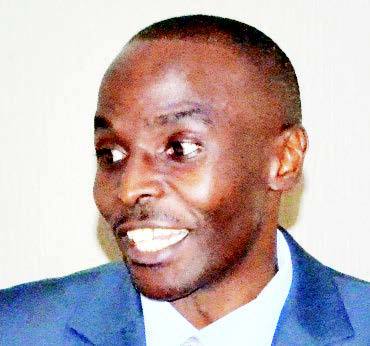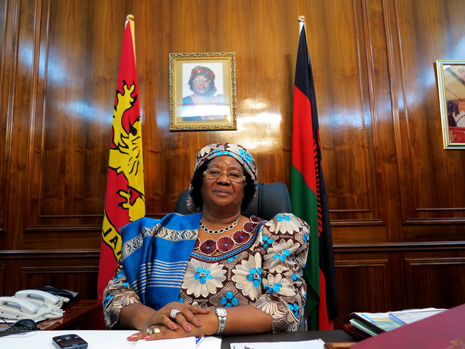The Malawi Economic Justice Network (Mejn) says the “obvious mismatch” between the size of the civil service workforce and its consistent efficiency and effectiveness in delivering public goods and services begs a question on progress of Malawi’s public sector reforms.
Mejn Executive Director Dalitso Kubalasa said this in reaction to government’s decision to increase the public service wage bill by K19 billion from the original K112 billion succumbing to pressure for the same from the 170,000 strong public service workforce in the country.
According to Kubalasa, the new wage bill pegged at K131 billion remains at half the capacity as the vacancy rate are still in excess of 45 per cent in public service which begs the question of what the scenario would be if Malawi had 100 per cent positions filled in the civil service.
He observed that the issue of capacity in public service wages is linked to that of unemployment as tertiary education institutions continue to produce graduates for the market.
“What were we going to pay them with? Where were we going to get resources to do this, if their productivity remains below par?” Kubalasa queried adding that “These figures and this development actually shows that we have a serious problem of productivity and returns for investments to be dealt with, in as far as our public service is concerned.
“There tough questions we must ourselves as we sing the song about Public Sector Reforms with all resources we are making available to it; and yet we are yet to start seeing their results. When can we expect to get results from these public sector reforms? Where are they getting stuck? Is it possible to get a motivated public service and to retain it?” he asked.
Principal Secretary for the Department of Human Resource Management Samuel Madula said in Lilongwe on Tuesday that he feared that continued increasing of salaries for civil servants on resources accessed through public taxes could turn Malawi into a predatory state.
He said it was now appropriate for Malawi to choose between having a bloated public service workforce where individuals were poorly paid and one that was lean and well paid.
Madula noted that there are currently public outcries and complaints of lack of productivity, efficiency and quality service in the public service.
Civil servants, who included teachers, nurses and other public servants matched to parliament building to present a petition against the passing of a bill on their remuneration that did not consider their demand for increased perks.
General Secretary for the Teachers Union of Malawi (TUM) refused to comment on the latest developments saying the workers would rather wait for official communication before that. By Gabriel Kamlomo
Picture : Dalitso Kubalasa




